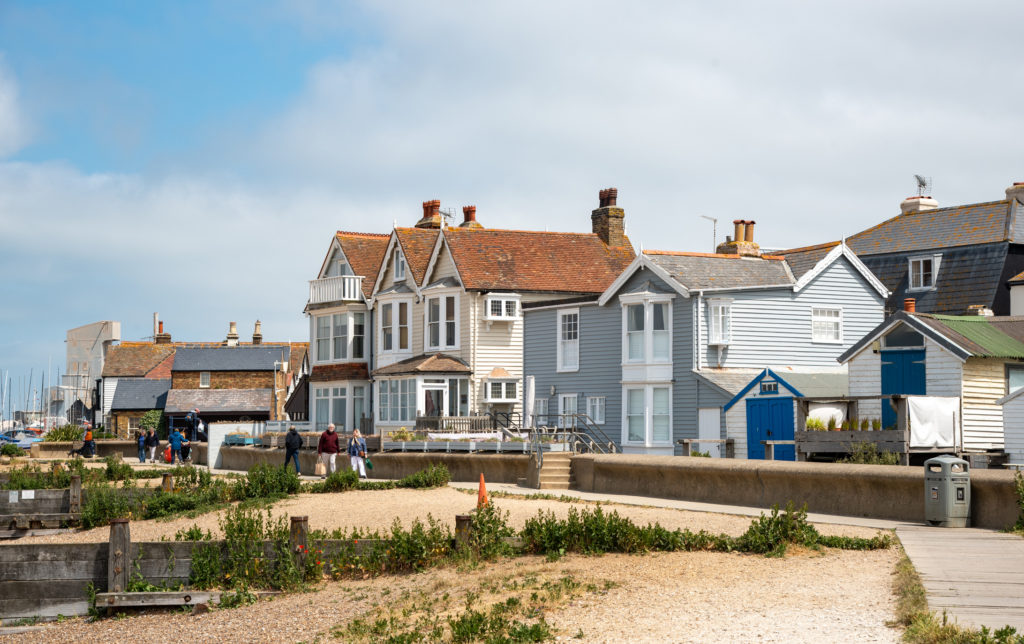The UK’s housing market has long been a topic of debate and concern, particularly in picturesque areas where the allure of holiday homes has led to an imbalance in the availability of long-term rental properties and homes for sale. Implementing a licensing system for holiday homes and limiting the percentage of properties that can be used for holiday lets in any given area could significantly alleviate these issues, making housing more accessible to local residents and reducing the pressure to construct new developments.

One of the primary benefits of such a policy would be the increase in the availability of long-term rental properties. Currently, many properties that could serve as permanent residences are being converted into holiday lets, driven by the potential for higher short-term rental income. This trend has reduced the stock of long-term rental homes, making it challenging for locals, especially young professionals and families, to find affordable housing. A licensing system would ensure that only a regulated number of homes could be used for holiday purposes, thereby freeing up more properties for those seeking long-term accommodation.
In addition to freeing up rental properties, this policy would also make more homes available for purchase. The current demand for holiday homes has inflated property prices, making it difficult for locals to buy homes in their communities. By limiting the number of properties that can be used as holiday lets, the housing market would see a shift, with more homes being listed for sale to prospective buyers looking for permanent residences. This would help stabilise property prices and make homeownership more attainable for a broader segment of the population.
Furthermore, encouraging the use of existing housing stock rather than new builds aligns with sustainability goals. New housing developments often lead to the loss of green spaces, increased traffic, and strain on local infrastructure. By better utilising existing homes and reducing the number of properties converted into holiday lets, we can mitigate the need for extensive new developments, preserving the character and environmental health of our towns and villages.
The city of Barcelona in Spain serves as a pertinent example of the potential benefits of such a policy. By implementing regulations to limit holiday lets, the city expects to free up around 10,000 homes, making them available for long-term rentals and purchases. This approach not only addresses the housing shortage but also helps maintain the city’s cultural and social fabric by ensuring that locals are not priced out of their neighbourhoods.
Closer to home, areas such as Whitstable, Canterbury, and Herne Bay illustrate the urgency of this issue. With over 1,500 holiday lets between them, these towns face a significant housing shortage. Introducing a licensing system here would ensure a more balanced and sustainable housing market, providing locals with greater access to affordable housing while preserving the charm and character that make these areas attractive in the first place.
Final thoughts…
The UK must reconsider its approach to holiday homes to address the housing crisis effectively. A licensing system that limits the percentage of holiday lets in any given area would free up long-term rental properties and homes for sale, reduce the need for new builds, and ensure that local residents can continue to live in and enjoy their communities. By taking these steps, we can create a more sustainable and equitable housing market for everyone.





